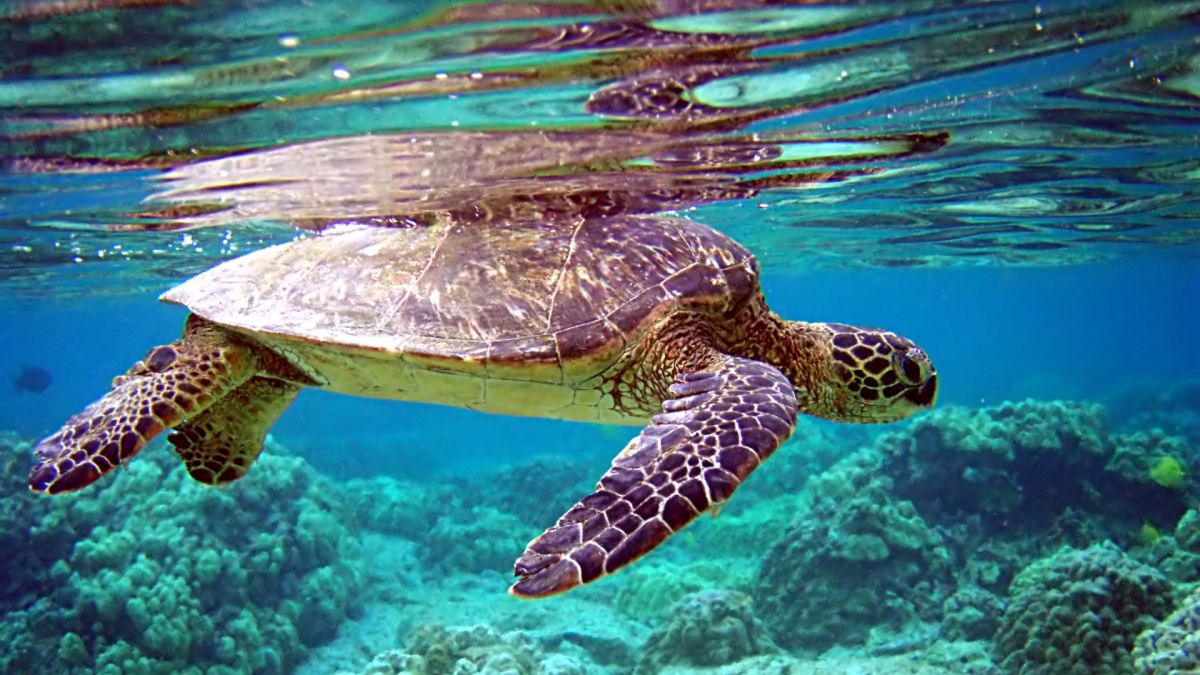Vanuatu, an island nation in the South Pacific, boasts breathtaking scenery and exceptional diving experiences. Although blessed with warm weather all year round, it lies within a danger zone for typhoons and earthquakes. Vanuatu, a tax haven for most intent and purposes, offers an accessible economic citizenship program, aimed primarily at individuals seeking a second passport for visa-free travel and diversification. In this article, I examine the program, explain the application process, and explore long-term considerations.
Some background
For thousands of years, Vanuatu has been inhabited by the Melanesian people, a group distinct from the Polynesians who settled most of the South Pacific. The Spanish discovered Vanuatu in 1606, and after nearly three centuries of minimal contact, it became an Anglo-French condominium. Vanuatu regained its independence in 1980.
Today, Vanuatu is a representative democracy with regular elections and a stable government. However, the country faces significant challenges, including extreme poverty, qualified labor shortages, and the effects of climate change, particularly rising sea levels. These challenges contributed to the development of the country’s economic citizenship program – the first of its kind in the Pacific region.
Economic citizenship
Vanuatu’s program operates similarly to Caribbean programs. Applicants donate to the government in exchange for citizenship, without having to go through the regular immigration process. This process results in naturalization within one to two months, without the need to visit the country or establish local ties.
Current donation amounts and application forms are available government website.
As a Vanuatu citizen, you will be authorized to carry a Vanuatu passport. It grants visa-free access to a surprising number of countries, including the UK, all Schengen countries, Russia, Hong Kong, Singapore, Thailand, Malaysia and more.
Vanuatu’s membership in the Francophonie and French as an official language enable its citizenship to be used for the instant French citizenship hack.
As mentioned earlier in the article, there are no personal and business income taxes in Vanuatu. This makes the citizenship very attractive from a tax optimization standpoint.
While the above sounds pretty good, it is important to keep in mind that as is often the case with these programs, there is always a risk that it may be canceled and that citizenships granted could be revoked. There is simply no telling what future governments may do, especially in the long-term. An economic citizenship is an investment and as with any other investments, there is a risk of loss.
Latest update (2025)
The OECD has instructed financial institutions to disregard Vanuatu passports for due diligence purposes, when there is clear evidence that it was obtained via the economic citizenship program.
Application
The government has published a step by step guide detailing the application process. There is no point in re-inventing the wheel so here it is:
1) Applicant (and Spouse where applicable) to submit via our Global DSP Processing and Due Diligence Provider (Harvey Law Group) a certified true copy of existing passport (cover and information page) plus Police Clearance Report, Birth Certificate Copy and Personal Profile. USD6,500 fee due at this stage to include Client Account opening & Vanuatu Government Due Diligence.
2) Upon written confirmation of no adverse findings by FIU, and therefore “pre-approval” granted, Applicant, under the guidance of the DSP Representative completes all documentation and prepares full payment. Payment is made to either Harvey Law Group Trust Account or directly to the Vanuatu Information Centre Limited, a Government Approved Agent, both with HSBC Bank Hong Kong.
3) The application is submitted to Representative to review pre-submission to the Citizenship Commission which convenes on the last Friday of each month. Application Form must be received 8 days prior to Citizenship Committee meeting.
4) Screening Committee considers the Application one day before the Citizenship Commission meets and makes a recommendation to the Citizenship Commission.
5) After the Citizenship Commission approves the Application, an Agreement in Principle (AIP) is issued to the Representative. AIP process is 7 to 14 days.
6) The final step is the Applicant taking their Oath. This will be commissioned by the Vanuatu Government’s Commissioner of Oath. In this ceremony, the new Citizen receives their Certificate of Vanuatu Citizenship as well as their new Vanuatu Passport.
